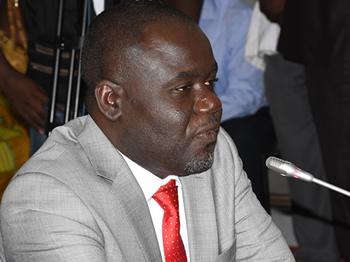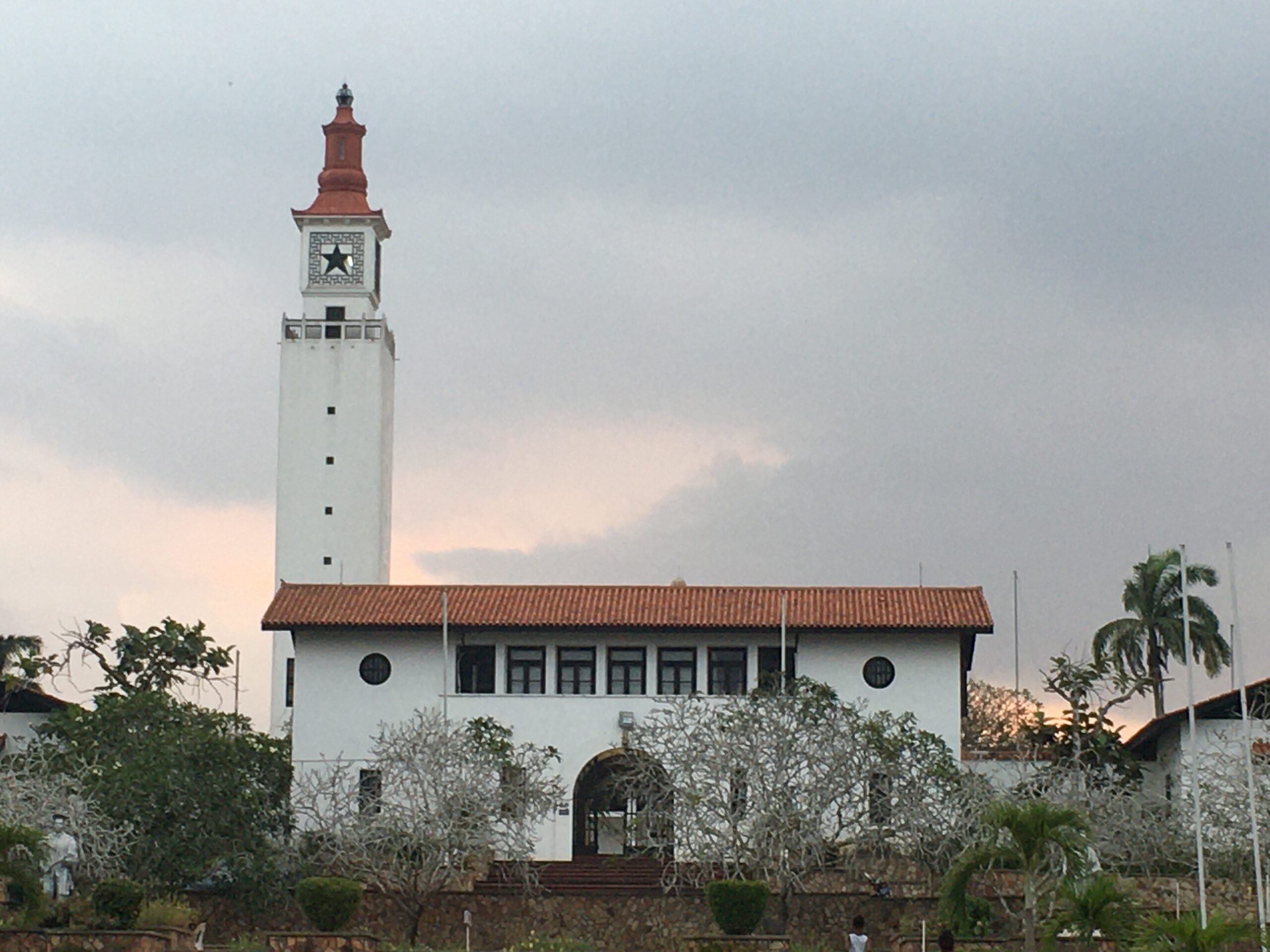
Covid-19 continues to have an adverse impact on the global landscape. Assets worldwide are depreciating and bankruptcies abound; gold is a new means of storing wealth; stocks are at their lowest and almost worthless – except those of companies that provide the basics. Tullow that once was trading at over $20 is now trading at $0.20, yes 20 cents!
Bond prices have plummeted as the cost of money has risen and various nations are seeking support in aid from the IMF and World bank.
And here at home, Ghana’s debt is at its highest ever and there are signs that if we could, we would borrow more; especially as the much-heralded and unconventional Agyapa deal heads to the morgue, stillborn.
Over the past few days, I’ve toured the Ashanti region visiting constituencies, towns, villages, branches and homes of the electorate to promote the NDC’s “People’s Manifesto”.
This visit to the branches in the hinterland highlighted the devastating impact of Covid-19 on the disenfranchised and vulnerable in our communities.
Covid-19 has changed the rules of engagement. The hierarchy of the importance of things has changed and people are now focused on the basics-food, public security and earning a living. We are back to the fundamentals – back to basics!
The mantra “Cash is King” prevails; yes cash is back, and those that have cash (liquidity) are in charge and can control the markets.
Cash is King!!
In the villages, there is no money as there are no jobs. Food is scarce hence people are resorting to crime.
The provision of food to the disenfranchised and vulnerable in our societies, public safety, and job creation, should be at the top of any government’s agenda.
Luckily, the rains are in and farms are producing in abundance. Farming is of paramount importance and will help to alleviate food shortages.
Priority measures to increase the production and transportation of food from farms to consumption centres need to be implemented.
The concept of adding value to food – for instance providing silos for long term storage and processing for food preservation – is not readily available or known to small scale farmers. Nor do they tend to use irrigation and other modern agricultural methods and techniques.
As such, initiatives covering these should be provided at a local level, particularly to small scale farmers.
This would have the added benefit of job creation, which would then kick start consumer spending; thus acting as a multiplier to increase the GDP of various local communities and the nation as a whole.
The author is former Executive Director of Standard Chartered Bank Ghana and immediate past CEO of Ghana National Petroleum Corporation.
The post Food security and public safety should be government’s top priorities appeared first on The Business & Financial Times.
Read Full Story

















Facebook
Twitter
Pinterest
Instagram
Google+
YouTube
LinkedIn
RSS